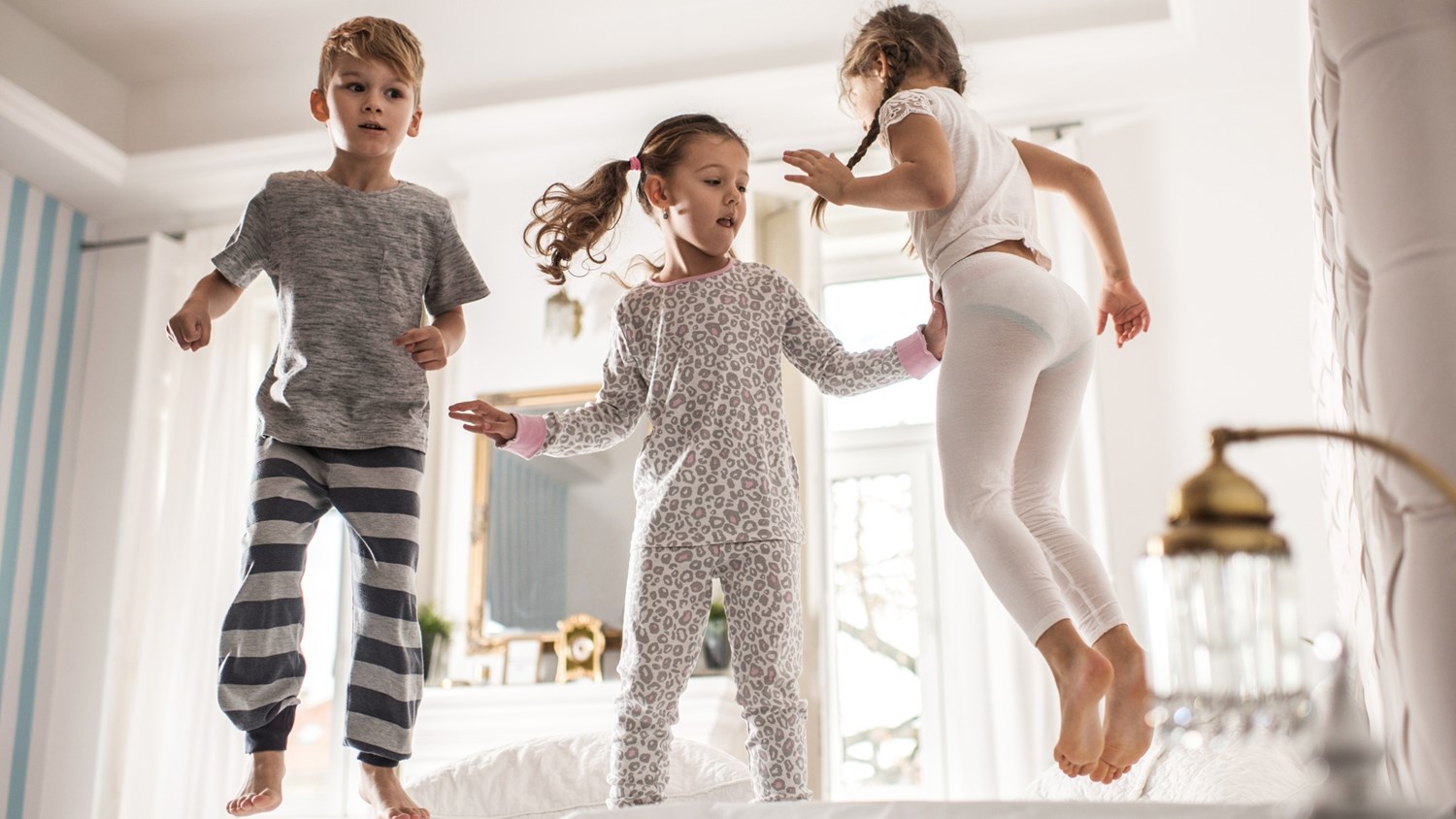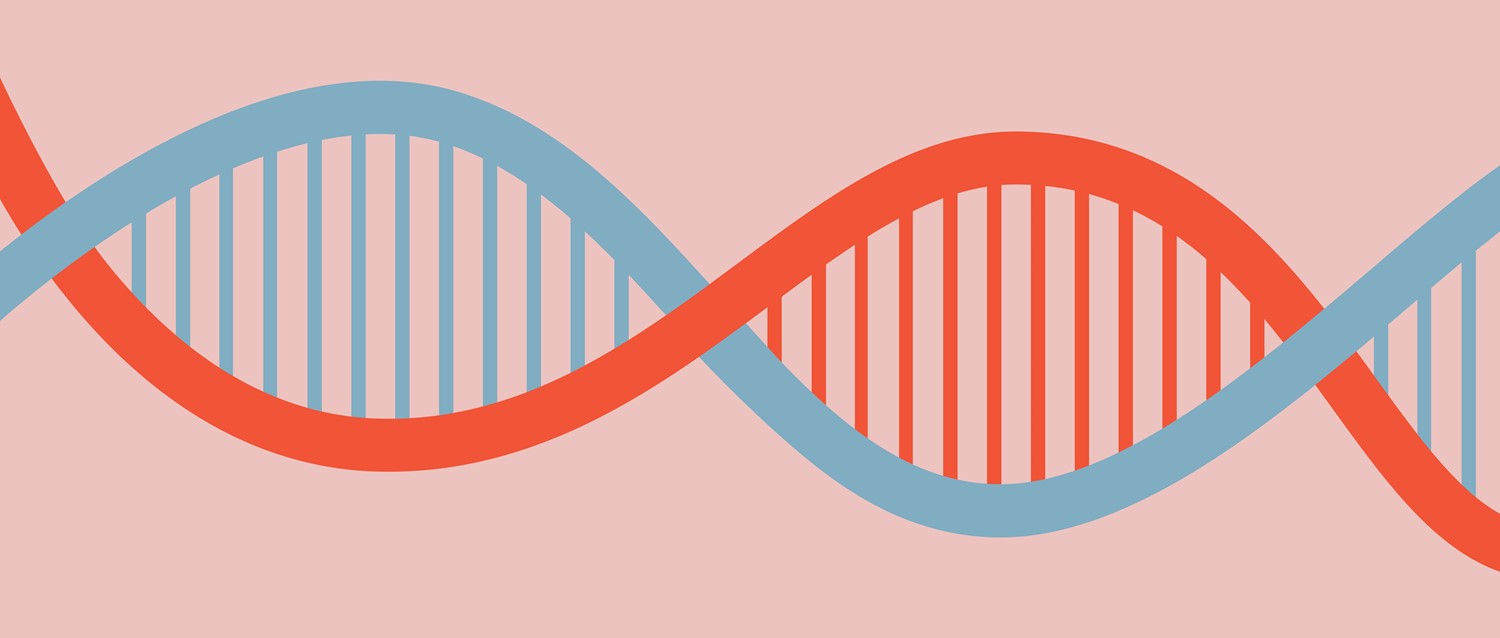
Bedwetting treatment options
Peer reviewed by Dr Hayley Willacy, FRCGP Last updated by Dr Mary Harding, MRCGPLast updated 20 Sept 2017
Meets Patient’s editorial guidelines
- DownloadDownload
- Share
- Language
- Discussion
- Audio Version
There is a wide variation in the age at which children become dry at night. Up to the age of 5 it is normal for children to need nappies at night, or to wet the bed without them. It is still quite common for some children to keep wetting the bed even up to the age of 10. After the age of 5, treatment may help them learn to be dry at night more quickly.
Video picks for General childhood health
The following information may help you compare and weigh up the different treatment options.
Frequently asked questions
How does it work? | |
|---|---|
No treatment - | Almost every child becomes dry at night on their own in the end, even without treatment. |
Bedwetting alarms | A pad is placed under your child at night, or inside their pyjamas. When the pad gets wet, an alarm rings and wakes your child. This gradually conditions them to wake and go to the toilet when their bladder is full. |
Desmopressin | This is a medicine taken at night which causes less urine to be produced during the night. |
Reward systems | You and your child keep a reward chart, rewarding any progress. This helps to motivate your child to be dry at night. Rewards should not just be about dry nights. Your child may gain a star or point for other signs of progress which you have agreed with your child. |
Other medicines | In some cases where other treatments are not working, specialists prescribe other medicines. This includes imipramine (which is also an anti-depression medicine) and anticholinergic medicines such as oxybutynin. |
Complementary and alternative therapies | There are a number of alternative options which some people find helpful. Those treatments sometimes used include: |
How long does it take to work? | |
|---|---|
No treatment - | It varies with each child so this cannot be predicted. As many as 1 in 5 children wet the bed at the age of 5. By the age of 10, up to 1 in 10 wet the bed. By the time they grow up to be adults, less than 1 in 100 wet the bed. |
Bedwetting alarms | Usually a gradual improvement occurs over 1-3 months. If there is no change whatsoever after one month, you should stop using the alarm. If there has been some improvement, continue using the alarm for 3-5 months, by which time many children are dry at night. |
Desmopressin | This works immediately. If it is not working after 1-2 weeks, the dose can be increased. |
Reward systems | It varies. If your child is about ready to become dry on their own, the rewards system may encourage them, and it may happen quickly. If they aren’t ready then no amount of rewards will speed up the process as it will not be under their control. |
Other medicines | These medicines work very quickly. |
Complementary and alternative therapies | There have been few formal trials on these treatments, so this is not known, and may vary between individual people and individual therapies and therapists. |
How effective is it? | |
|---|---|
No treatment - | As long as you are patient, this will be effective in the end in almost every child. But it is likely to take longer than having treatment. |
Bedwetting alarms | Alarms work in 6-7 out of 10 children who use them. 5 out of 10 children remain dry at night after stopping using the alarm. This is the most effective permanent treatment for bedwetting. |
Desmopressin | Desmopressin helps in at least 7 out of 10 children who use it. However, once the child stops using it, they will probably go back to bedwetting. |
Reward systems | Reward systems are not as effective as alarms or desmopressin but may be more effective than no treatment at all. |
Other medicines | These medicines are about as effective as desmopressin, so they help in at least 7 out of 10 children using them. They are more likely to be effective if used in combination (ie oxybutynin together with imipramine or desmopressin together with imipramine). |
Complementary and alternative therapies | There have been very few trials on these treatments, so this is not known at this time. |
What are the advantages? | |
|---|---|
No treatment - | No pressure Is put on your child. There are no side-effects. You are allowing the natural sequence of events to take its course. |
Bedwetting alarms | This is the most effective permanent treatment for bedwetting. It speeds up the natural process of becoming dry at night. There are no medicines involved. Becoming dry at night earlier may save your child some worry and embarrassment. |
Desmopressin | Desmopressin can be used from the age of 5. It works quickly, so if your child has to be dry for a particular event, in can be very useful. It can be used on and off, when it is needed (for example, whenever your child is away from home). It may also be used for longer periods of time until your child becomes naturally dry at night. |
Reward systems | There is no medication involved. You and your child may prefer this to an alarm system. |
Other medicines | They are effective, and the effect may in some cases continue after they have been stopped. |
Complementary and alternative therapies | There are likely to be fewer possible serious side-effects as in most treatment options no medications are involved (other than herbal remedies which can have side-effects.) If the treatment is effective, the effect should last after the therapy ends. |
What are the disadvantages? | |
|---|---|
No treatment - | If your child is troubled by wetting the bed, or if it is causing problems for the rest of the family, there may be a long time to wait before dry nights begin. It may be embarrassing for your child, and they may not wish to go for sleepovers or trips away. If your child is using pull-up pants this can be expensive. If they are not, and are wetting the bed frequently, this involves a lot of laundry. |
Bedwetting alarms | Usually alarms are not suitable for children under the age of 7. Alarms may be a bit frightening for a young child. Alarms may wake up everyone else in the house. Alarms are not available on prescription - they must either be bought privately, or borrowed from an incontinence advisor, which will involve a referral from your GP. |
Desmopressin | Usually when the desmopressin is stopped, the bedwetting starts again. It does not teach your child’s brain and bladder to become dry at night in the way alarms do. When taking desmopressin your child can only have small amounts of fluid from an hour before taking the tablet until eight hours afterwards. Occasionally children have side-effects from the medicine or it does not suit them. |
Reward systems | This is not as effective as other treatments. If your child’s brain or bladder is not ready to be dry, your child has no control over bedwetting, and the reward system may get frustrating for them. You may also get frustrated. |
Other medicines | There are risks of serious side-effects such as fits and effects on the heart, liver and blood. They are not as effective as alarms, and have a higher risk of serious side-effects. |
Complementary and alternative therapies | They are not available on the NHS and may be expensive. There is no proof that they work. |
We need a treatment which will work quickly (eg, for a sleepover or a school trip) | |
|---|---|
No treatment - | A wait and see approach is unlikely to work in this situation. |
Bedwetting alarms | It takes some time for alarm training to work, so it may not be quick enough unless you start using the alarm a few months before the event. |
Desmopressin | Desmopressin is a good solution in this situation as it works very quickly. It can be used just for a specific event and then stopped again afterwards. |
Reward systems | The reward system may take some time to work and will not work in many children, especially if their system is not ready to be dry at night. |
Other medicines | These tablets are usually only prescribed by specialists, so unless your child is already under the care of a specialist, it is unlikely to be a speedy option. |
Complementary and alternative therapies | These types of treatments take some time to work so are unlikely to be useful for this situation unless started well in advance. |
Patient picks for General childhood health

Children's health
What is a genetic disorder?
It's estimated that one in 25 children in the UK are affected by a genetic disorder - that's around 30,000 babies and children being newly diagnosed each year. Ahead of Jeans for Genes Day on Friday 21st September, an expert reveals seven things you probably didn't know about genetic conditions.
by Natalie Healey

Children's health
How to help children develop healthy habits
While often fairly harmless, childhood habits can be hard to break. Why does it seem so easy to pick up bad habits but so difficult to develop healthy ones? Here we look at the science to find out how to break bad habits and help our children develop healthy behaviours.
by Gillian Harvey
Continue reading below
Article history
The information on this page is peer reviewed by qualified clinicians.
20 Sept 2017 | Latest version

Ask, share, connect.
Browse discussions, ask questions, and share experiences across hundreds of health topics.

Feeling unwell?
Assess your symptoms online for free
Sign up to the Patient newsletter
Your weekly dose of clear, trustworthy health advice - written to help you feel informed, confident and in control.
By subscribing you accept our Privacy Policy. You can unsubscribe at any time. We never sell your data.